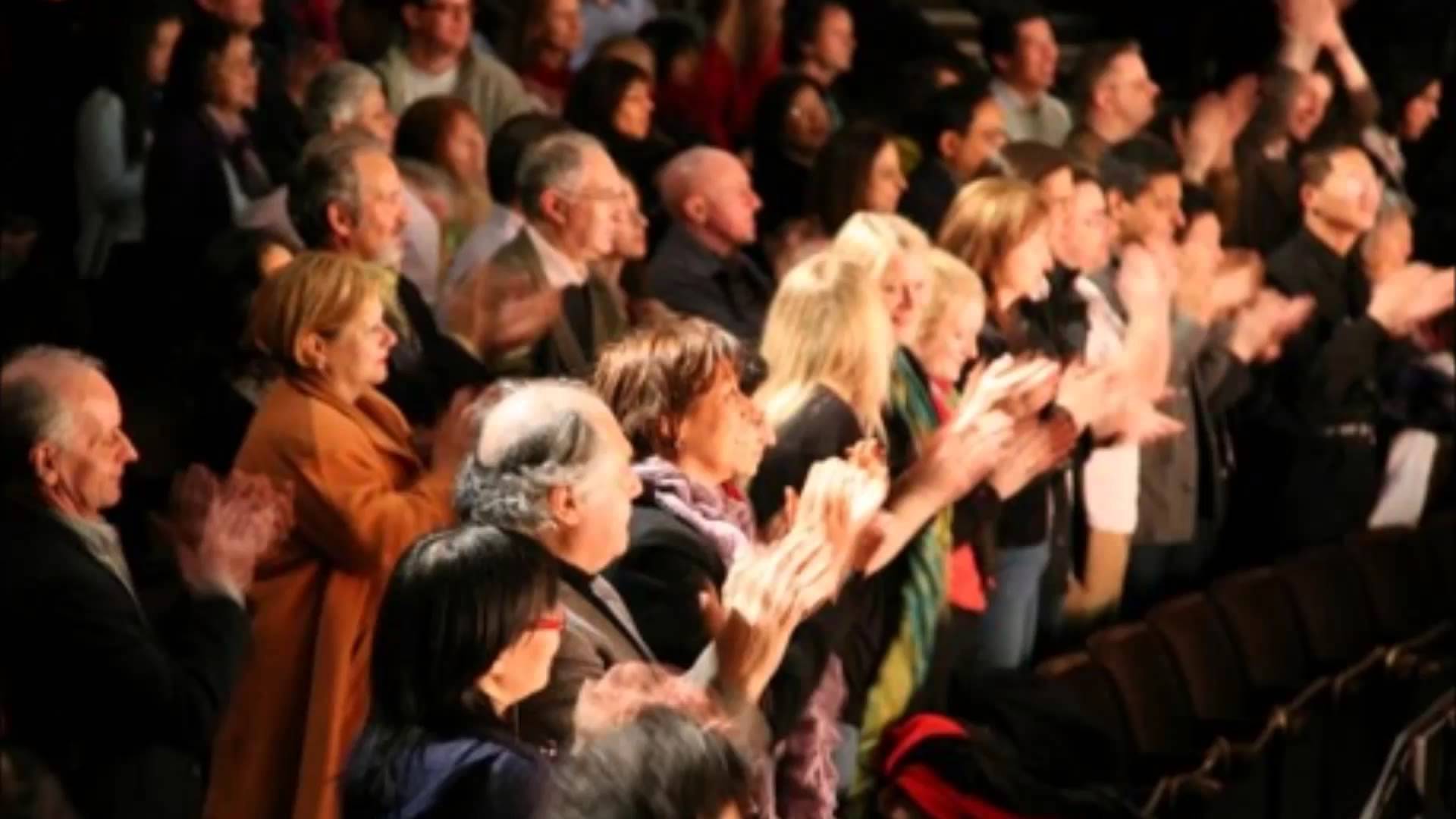Pianists give their views on applause between movements
NewsAn interesting thread is developing on Twitter.
I almost never mind it, and there are certain movements when I think the composer absolutely expected it: Tchaikovsky 1st, Brahms 1&2, Grieg etc. And Tchaikovsky 6th Symphony after the March. It feels like torture to stay quiet
https://t.co/UTzwuVh5jH
— Stephen Hough (@houghhough) July 25, 2023
I don’t actually mind applause either, as long as it’s a heartfelt response and not something that the public is expected to deliver automatically. But, in any case, I’d much rather have applause between movements than cell phones at any moment!
— Marc-André Hamelin (@MarcAndreHam) July 26, 2023
It’s clear that previous generations of composers planned for it DURING works. See Mozart’s delighted letter at getting a Paris audience to ‘shh’ & applaud in 31st Symph.&it’s pretty clear Beethoven Op 61 is designed to elicit applause at the end of the exposition & development.
— Sheppard Skaerved (@Sheppardskaerve) July 26, 2023
I like it when an audience spontaneously reacts to the music, rather than following a convention. It’s almost perverse to sit on your hands in stony silence at the end of some movements; wonderful stillness is the natural reaction to others. To hell with self-invented ‘rules’!
— Andrew Taylor (@apomd) July 25, 2023
Yuliya Gorenman adds on Facebook: ‘I don’t mind it at all and kind of expect it when the music clearly calls for it, for example at the end of the first movement of Tchaikovsky’s Piano concerto No. 1.
It fact, to be horrified of it and show visible displeasure smacks of some kind of pretentious snobbism.’






Comments